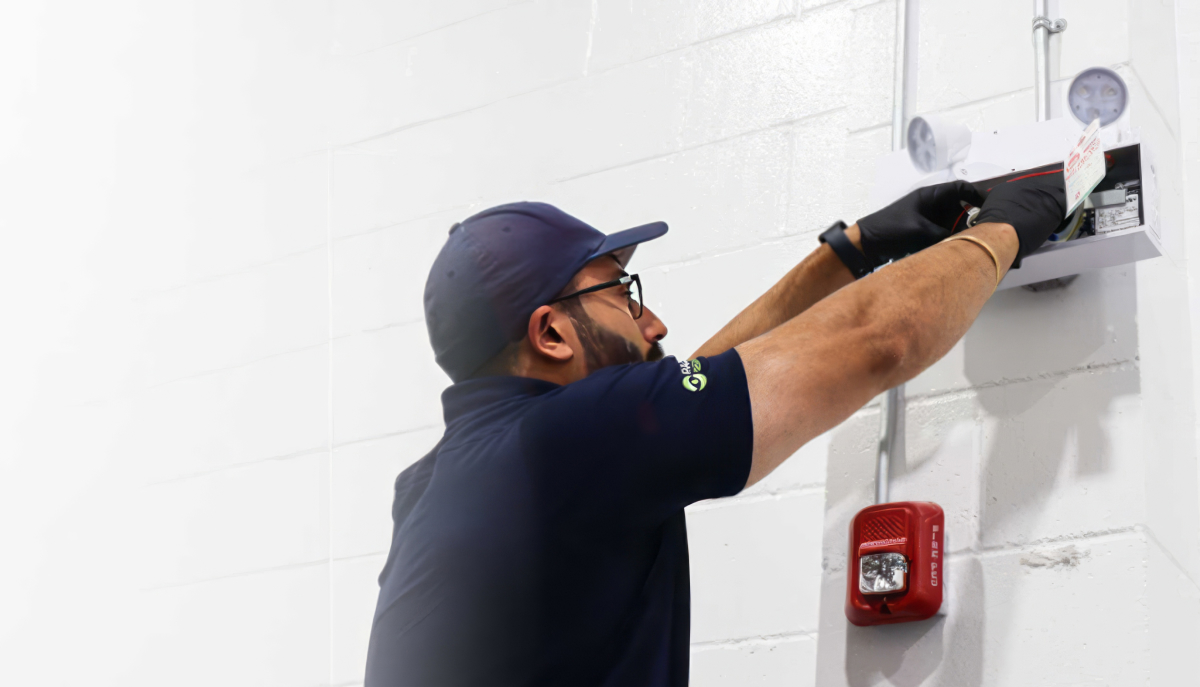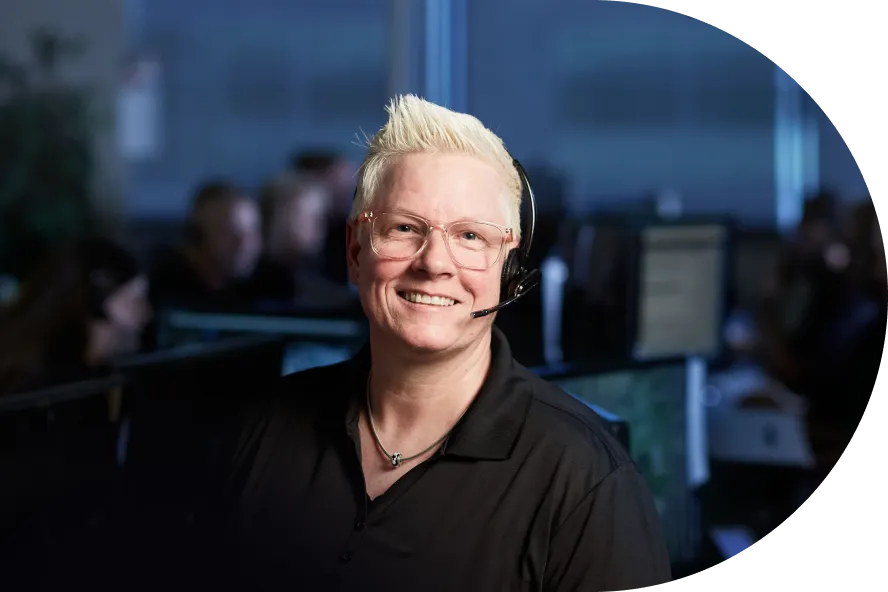Restaurant Inspections
Our technicians conduct regular inspections to ensure BC businesses comply with fire codes and NFPA 96 standards, preventing fines and legal consequences.

Heading
Heading 1
Heading 2
Heading 3
Heading 4
Heading 5
Heading 6
Lorem ipsum dolor sit amet, consectetur adipiscing elit, sed do eiusmod tempor incididunt ut labore et dolore magna aliqua. Ut enim ad minim veniam, quis nostrud exercitation ullamco laboris nisi ut aliquip ex ea commodo consequat. Duis aute irure dolor in reprehenderit in voluptate velit esse cillum dolore eu fugiat nulla pariatur.
Block quote
Ordered list
- Item 1
- Item 2
- Item 3
Unordered list
- Item A
- Item B
- Item C
Bold text
Emphasis
Superscript
Subscript
We Live According to a Code
Fire inspections play a crucial role in supporting business owners to ensure compliance with fire codes and NFPA 96 standards, recognizing that adherence is a legal obligation in BC businesses with commercial or industrial kitchens. Proactive compliance through regular inspections conducted by specialized Radius Fire technicians not only helps avoid potential fines, legal repercussions, and business closures but also underscores a commitment to operating a safe establishment. This commitment, backed by professional technicians, not only mitigates the risk of fire incidents but also safeguards against financial losses and protects the restaurant's reputation.
Reliability Systems
Regular manufacturer training keeps technicians up-to-date with the latest advancements and best practices in kitchen suppression technology. This knowledge helps them identify and address potential issues before they escalate, contributing to increased system reliability.
Customized Scheduling
The scheduling team at Radius Fire can work with your business to find the most convenient times for inspections, considering your specific operational needs. This flexibility allows for a tailored approach that aligns with your business schedule and minimizes any potential disruptions. Choosing Radius Fire means not only meeting regulatory requirements but also doing so in a way that respects and supports your unique business requirements and goals.
Our clients tell us we're "Fire"
Hot off the presses!
How to Choose a Fire Suppression System and Installer

The only authorized fire technician training provider in British Columbia



